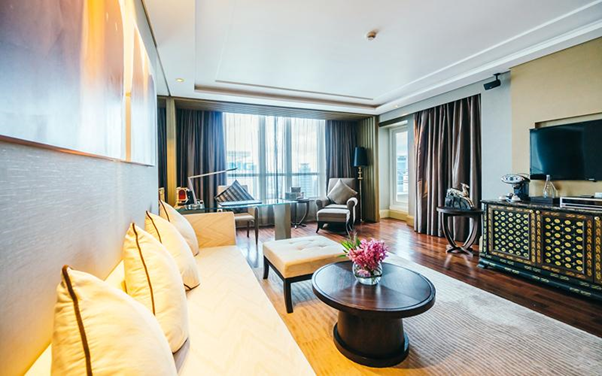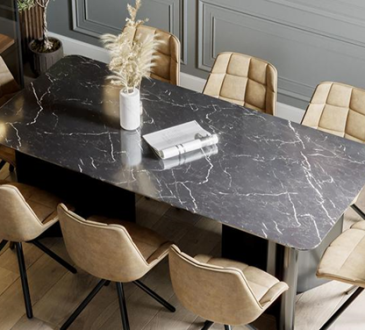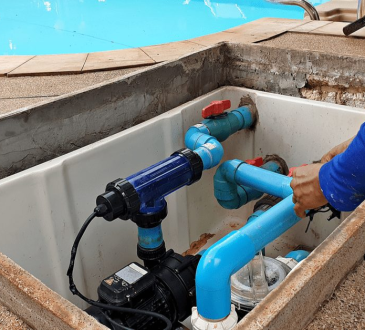
Long assignments, relocations, and renovations call for a different kind of base. Hotels handle short trips well, yet many guests need more space, privacy, and routine over several weeks. This guide compares a hotel with a serviced apartment in Singapore across seven practical areas so you can match your needs to the right format. If you plan an extended stay in Singapore, use these points to balance comfort, cost, and convenience before you book.
1. Space and Privacy
Hotel groups sleep, work, and dine in one room. A serviced residence separates a bedroom, living zone, and kitchenette. That split lets you take calls away from the bed, host a simple meal, and switch off properly at night. Over an extended stay in Singapore, this separation reduces fatigue and helps families maintain nap schedules without crowding.
2. Cost Over Time
Nightly hotel rates climb on busy dates and include services you may not need for weeks. Serviced apartments are priced by week or month and include essentials in one bill. Cooking in the unit, doing laundry on site, and avoiding constant dining out cut incidentals. For a serviced apartment in Singapore, the predictable total makes budgeting simpler for projects and relocation packages.
3. Cooking and Eating Well
Room service loses appeal after a fortnight. A real kitchen supports breakfast on your schedule, dietary needs, and quiet nights in. Batch cooking saves time and money. A table big enough for two or three turns meals into typical life rather than a tray on a bed. For longer bookings, this routine becomes a key reason guests choose serviced living.
4. Work-Ready Features
A hotel desk near the headboard works for short trips. Long stays need a good chair, solid desk space, and reliable Wi-Fi with proper power points. Many serviced properties add meeting rooms, lounges, or quiet pods. If your employer needs a stable connection, ask about wired ports. Over an extended stay in Singapore, these details keep workdays efficient and evenings calm.
5. Laundry and Weekly Rhythm
Sending laundry out each time adds cost and delay. In-unit washers and dryers let you run a quick load after the gym or before a flight. Drying racks protect delicates, and built-in wardrobes keep suitcases off the floor. This control over simple chores is part of why a serviced apartment in Singapore feels like a home rather than a stopgap.
6. Flexible Terms and Stable Address
Project dates move. Hotels may struggle to extend a room during peak weeks or may require a change of floor or building. Serviced residences set clear weekly or monthly terms with sensible rules for extensions and early departures. A stable address helps with deliveries, medical visits, and banking, which matters once a stay crosses a month.
7. Location and Daily Living
Hotels cluster near attractions and business districts. Serviced residences place you close to transport, supermarkets, parks, and gyms. Short walks to the MRT shave minutes off commutes, and nearby groceries turn meal planning into an easy habit. For families, access to schools and clinics reduces friction while everyone settles.
Conclusion
Choose the format that supports how you live, not just where you sleep. Hotels suit quick trips and concierge-heavy schedules. If you need room to cook, work, and do laundry, serviced living fits the bill. Space and privacy protect energy, kitchen access lowers spend, work-ready desks and internet keep projects on track, and flexible terms reduce stress when timelines shift. With the right match, an extended stay in Singapore becomes a steady routine rather than a series of compromises. If your priority is a well-located serviced apartment in Singapore that balances comfort with reliable amenities, compare floor plans, housekeeping schedules, and billing inclusions on one page before you decide.
Contact Aurealis Serviced Residence to compare layouts, confirm long-stay inclusions, and secure a flexible package tailored to your extended stay in Singapore.




